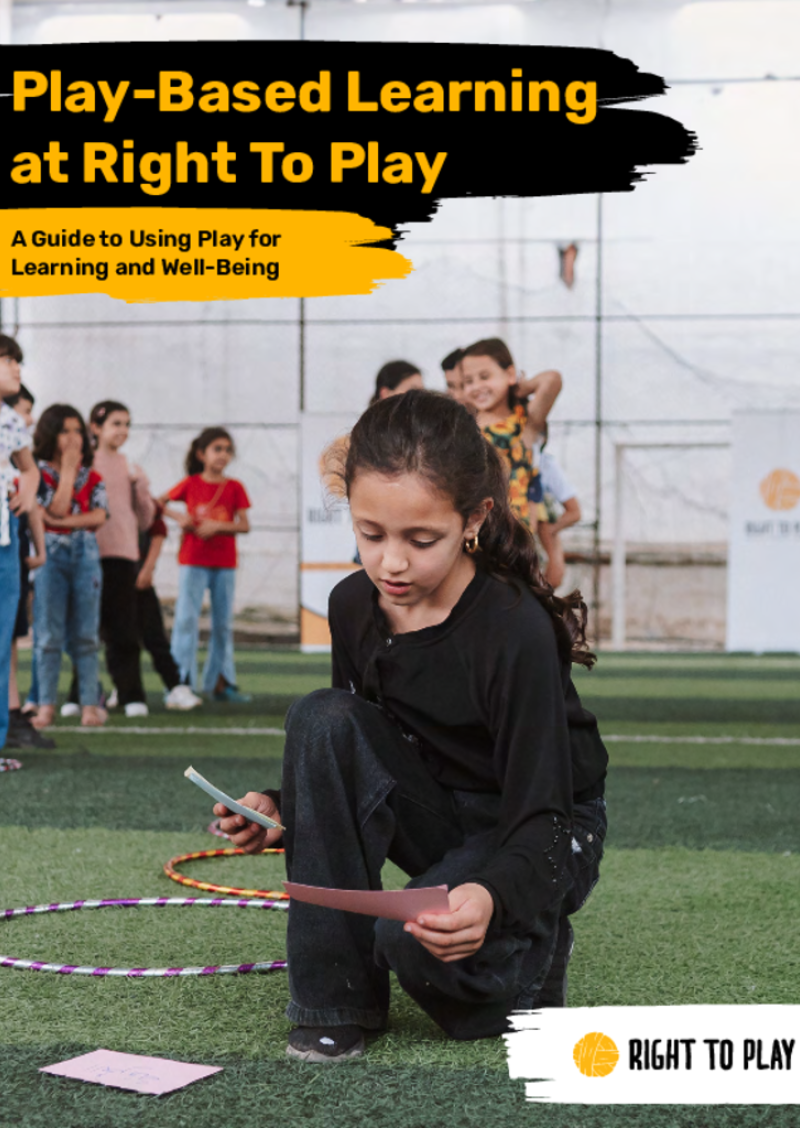Centro de Recursos para Docentes
Visualizar 1 - 5 de 5
Integrating SEL & PSS into Lessons for Quality Holistic Learning
This open, self-paced course, Integrating SEL & PSS into Lessons for Quality Holistic Learning, was designed with a team of teachers working with refugee and vulnerable learners across Lebanon. It is intended to build upon previous learning related to social and emotional learning (SEL) and psychosocial support (PSS) to provide teachers with the confidence to critically evaluate activities, adapt them to their local context, and assess impact on student learning and well-being.
Educators who complete this online course will be able to:
- Define the concepts PSS and SEL.
- Integrate PSS and SEL in lesson plans.
- Create safe spaces for displaced learners, refugees, and other vulnerable students.
- Reflect on tools and teaching pedagogies when implementing PSS and SEL activities.
- Evaluate their adaptation and implementation of PSS and SEL activities.
It will take 8-10 hours, on average, to complete this course. It is entirely self-paced. There is a micro-credential opportunity shared at the end of the course for those interested in demonstrating their competency and earning a digital micro-credential and badge.
Introduction to SEL & PSS for Quality Holistic Learning
This open, self-paced course, Introduction to Social-Emotional Learning & Psychosocial Support for Quality Holistic Learning, was designed with a team of teachers working with refugee and vulnerable learners in Niger. It is intended to provide an overview of key terminology, concepts, and practices related to social-emotional learning and psychosocial support.
Educators who complete this online course will:
- understand the importance of creating a safe and inclusive environment for children's well-being and learning in emergency situations
- understand the basic principles of Psychosocial Support (PSS) and Social-Emotional Learning (SEL) and their role in supporting students in displaced contexts, especially considering the educator's unique students and learning context
- integrate simple and applicable PSS interventions and SEL activities into their lesson plans to ensure Quality Holistic Learning
It will take 4-5 hours, on average, to complete this course. A certificate of participation will be issued upon successful completion. Thank you for your interest and for your commitment to your professional learning and to teaching!
An offline, PowerPoint guided workshop series, upon which this course is based, is available for training purposes as well. Please contact jkasper@ceinternational1892.org to discuss piloting of that workshop material.
A Guide to Using Play for Learning and Well-Being
Right To Play uses a variety of approaches to play to support children’s learning, development, and well-being, including sports, music, theatre, art, and play-based learning.
This document focuses on the play-based learning methodology and approach, and how it can be used for learning and development goals related to Right To Play’s core programmatic areas: early childhood care and education, primary education, gender equality and girls’ well-being, and psycho-social support.
The Social Emotional Educator | A Primer
This self-paced interactive course provides educators with an introduction to social and emotional learning. Using a variety of interactive tools and pedagogies, educators experience the need and value of SEL for themselves and its powerful transformational role in cultivating safe, supportive, and inclusive classrooms for their learners. course builds knowledge and awareness of social and emotional competencies for educators themselves and supports the application of pedagogical practices in classrooms that build these competencies in learners. It is rooted in the importance of positive relationships between educators, learners, and the larger community.
Social and emotional learning for schools
This is a dual certifying course that combines social and emotional learning (SEL) for classrooms and SEL for teachers. The objective of the certification is to enhance personal well-being and build the professional capacity of teachers for SEL.


